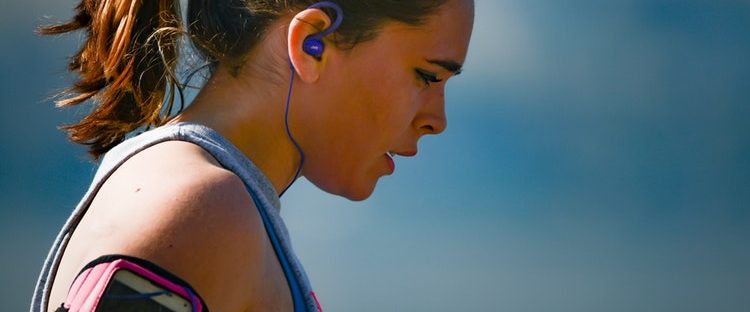One thing that is important to remember as you work on recovery from addiction is to remind yourself that you are not your addiction. Your addiction does not define you as a person. Rather, your addiction is something that you can conquer and overcome.
Rediscovering Your Purpose and Passions
As you complete treatment for alcohol or drug addiction, it is important to focus on your future. While in treatment for your addiction, you likely spent some time focusing on your addiction itself. This is often an important part of the recovery process—realizing how the addiction began, what fed the addiction, and how it manifested. These insights are often helpful to understand how to move forward, and in some cases, how to fix an underlying problem that may have contributed to your addiction.
At this stage of the process, it is time to move forward and shift your focus to developing a more fulfilling future. Now, you can focus on what makes you happy and passionate in life. True recovery comes when you heal your spirit and uncover the potential that exists within you without the constraints of your addiction. Instead of focusing on the past, think of your recovery as opening the door to a richer and more fulfilling future where you can finally be your true self.
Living a Sober Life
One thing you can do to help aid in your recovery from addiction is to seek out others who are in a similar situation as you are. With others around you who are maintaining their sobriety, you will gain many benefits. Sober living homes offer those in recovery the opportunity to live in a residence free of alcohol and drugs. Other benefits to living in a sober living home include having in-house meetings available, social events to help residents build relationships with one another, and the opportunity to learn from others. For more information about sober living, contact the Tharros House today.



